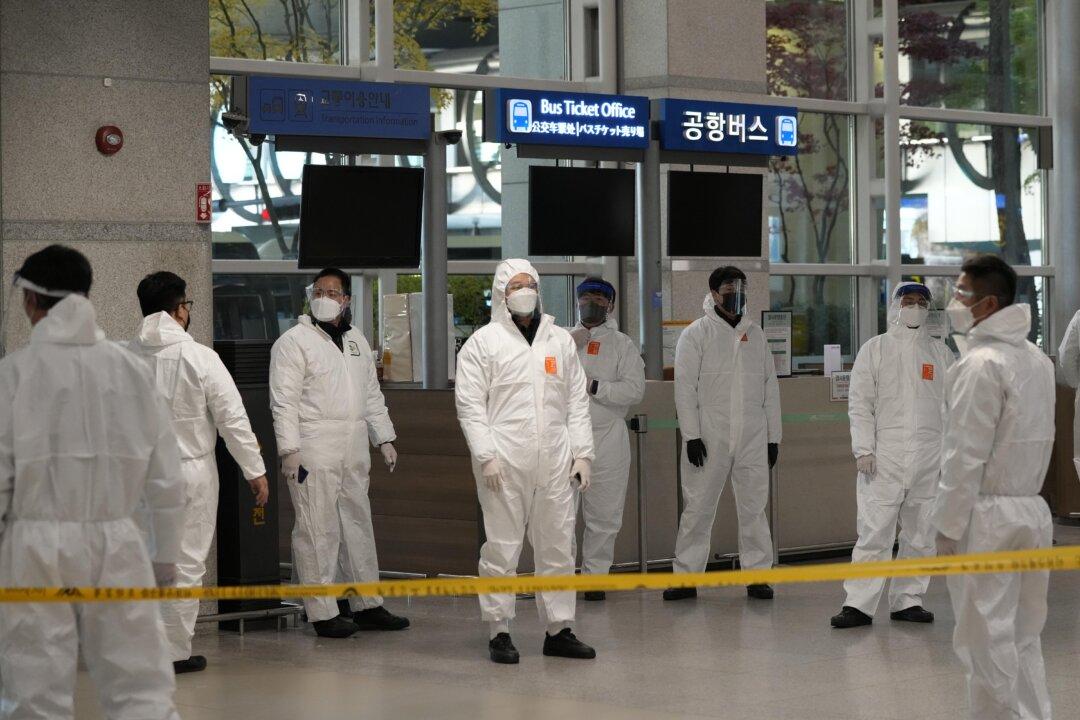A spokesperson for the World Health Organization (WHO) said that recently imposed travel bans on southern African countries will not prevent the spread of COVID-19 Omicron variant cases worldwide.
Dr. Margaret Harris, a spokesperson for the U.N. health body, said Thursday that ultimately, travel bans that were recently implemented to target southern African countries can only buy time for other nations.





